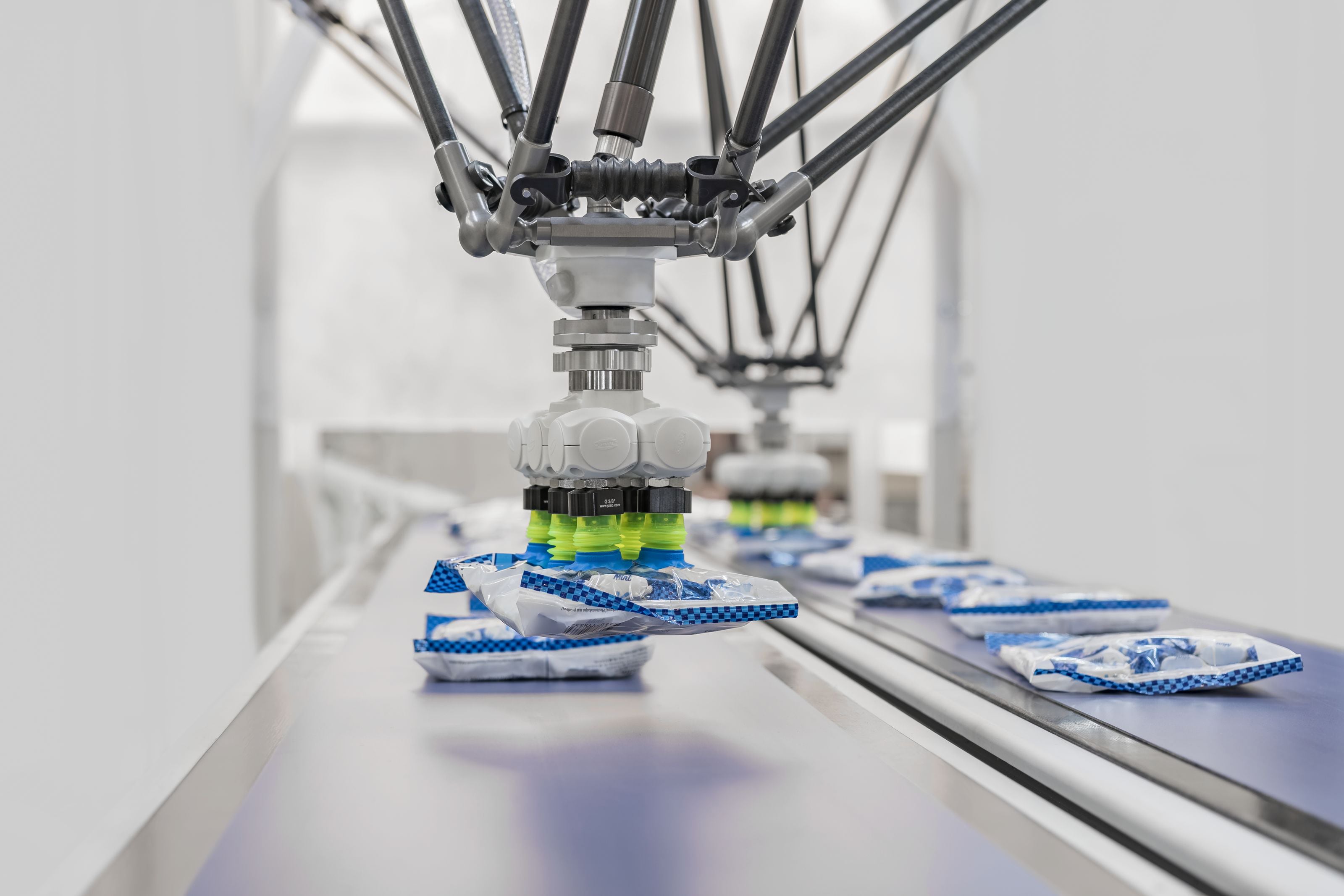Cumbria-based Cranstons Quality Butchers, and Butlers Farmhouse Cheeses, Antonelli Brothers, and Dewlay Cheesemakers – all based in Lancashire – are the latest small and medium-sized (SME) manufacturers to have gain the matched-funds aimed at boosting growth and productivity.
They are among 62 businesses now investing in a range of industrial digital technologies, including data analytics, artificial intelligence (AI), augmented reality (AR), Industrial Internet of Things (IIoT), 3D-printing and robotics.
The objective is to solve business challenges across a range of manufacturing functions and deliver an additional £52m in gross-value-added for the north-west economy over the next three years.
Other food manufacturers previously signed up to the match-funded projects included Bell Mount Farming, Bells of Lazonby, Blends Holding, Len Wright Salads and Pakeeza Dairies.
In all, 300 north-west SMES have secured support, including specialised advice and £1.6m of funding, in the first year of the Made Smarter programme.
One-to-one support and advice
Support includes expert impartial and one-to-one advice, digital road-mapping workshops to help manufacturers take their first steps to transform their business, eight-month leadership and management training programmes offered in partnership with Lancaster University, and funded three-month student placements.
By adopting such cutting-edge technologies, businesses would benefit from improved productivity and revenue, said Donna Edwards, programme director for the Made Smarter north-west pilot.
Further benefits were likely to be increased exports and job creation, providing new skills to workforces, enhanced integration with supply chains, and reduced environmental impact.
“Over the last year, the Made Smarter team has engaged with hundreds of makers from every corner of the region,” said Edwards. “We have found a great enthusiasm about the benefits of adopting new digital technology, tempered by uncertainty of how to go about it.
“It’s clear that the SMEs need the specialist advice and insight to help them select the right approach for their business, how much to invest and which technologies will bring the greatest benefits.
“This is exactly how Made Smarter can and is helping businesses across the region.”
Fewer than 250 staff
Made Smarter is open to any north-west SMEs employing fewer than 250 staff who make, create, manufacture or engineer.
The £20m pilot programme was launched in November 2018 before becoming operational in January 2019. It runs until March 2021.
The north-west pilot is being overseen by the Made Smarter Commission – a partnership between the Department for Business, Energy & Industrial Strategy (BEIS) and industry leaders.
Juergen Maier, former chief executive of Siemens and co-chair of the commission, said: “When we launched Made Smarter in November 2018, our ambition was to kick-start a new industrial revolution for the manufacturing sector and turn the UK into a world leader in digital technologies.
“I am thrilled that so many manufacturers in the north-west have grasped what I believe is a once-in-a-generational opportunity to boost productivity, create high value and highly paid jobs of the future. Our task now is to scale this up and see what other regions can learn from the great work that’s already being done here.”




